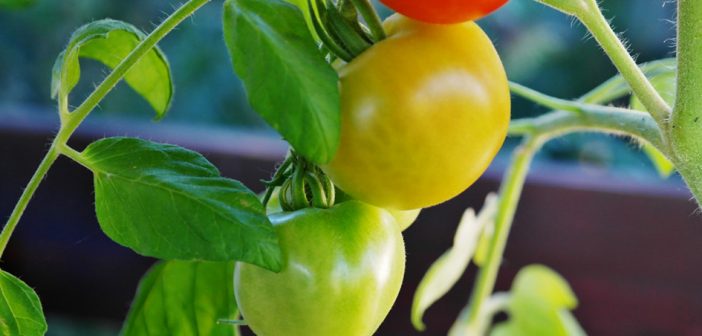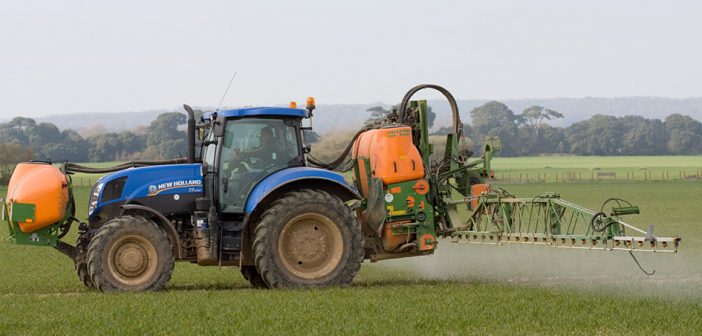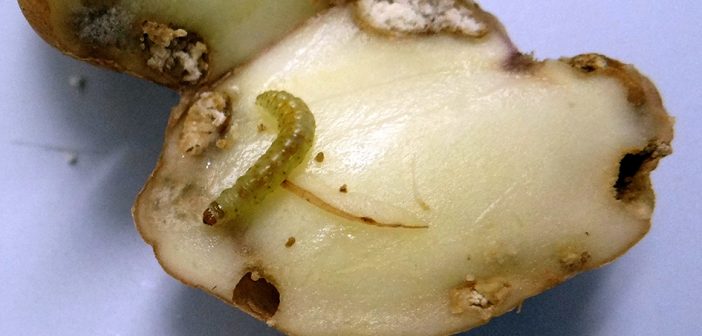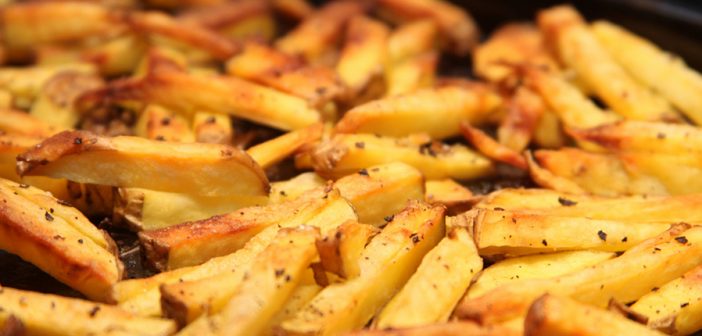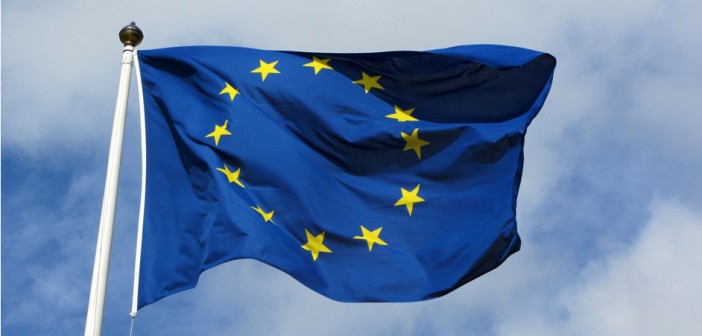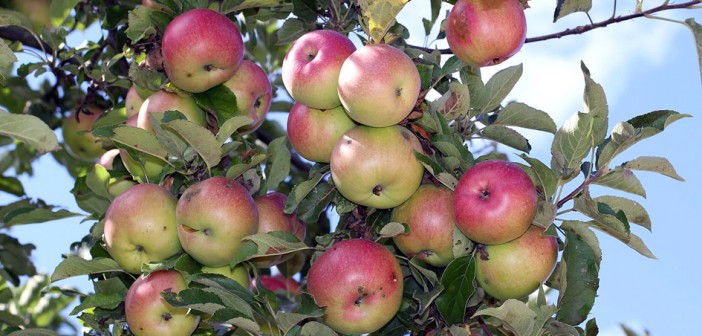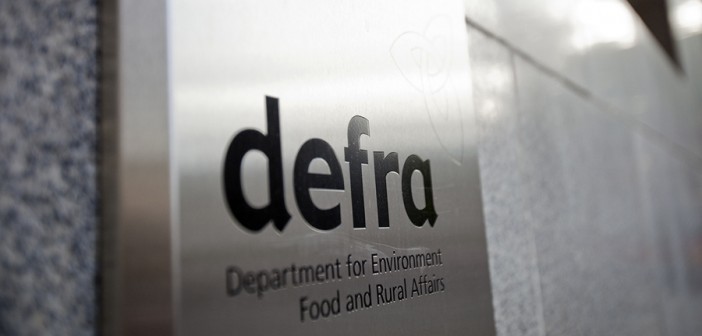The European Commission will launch a new market observatory for fruit and vegetables later this year, a move which it says will ‘bring greater transparency and analysis to [a]key sector for European agriculture.’ It will also launch a market observatory for wine at the same time.
Although fruit and vegetables account for 2401 per cent of EU agricultural output, because the fruit and vegetable sector comprises such a wide range of products, the focus of the new observatory will be on tomatoes, apples, citrus fruit, peaches and nectarines.
The Commission currently has four observatories for crops (cereals, oilseeds and proteins), sugar, meat and milk. As part of the plan sector experts will meet regularly to discuss the state of the market.
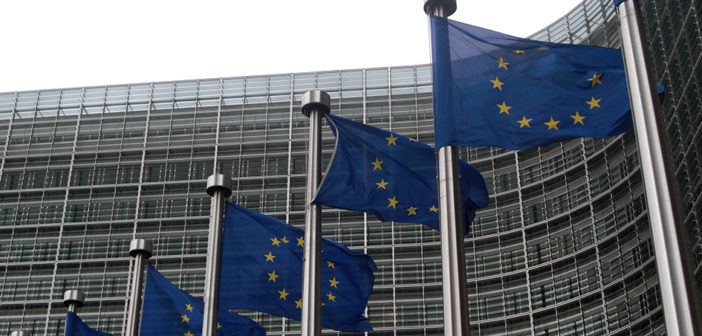
Photo Caption: The European Commission is to launch a new market observatory for fruits and vegetables.
Photo Credit: Wikimedia Commons The post EU to launch fruit and veg observatory appeared first on Hort News on 14 March 2019.
